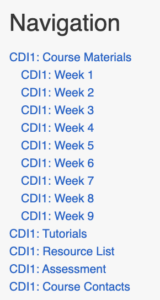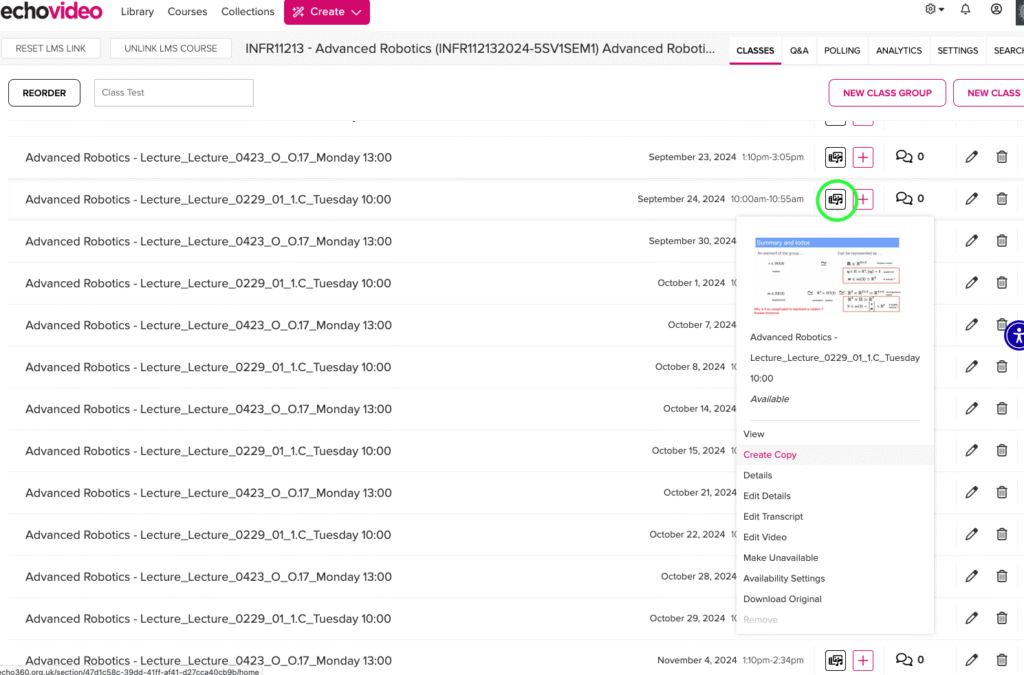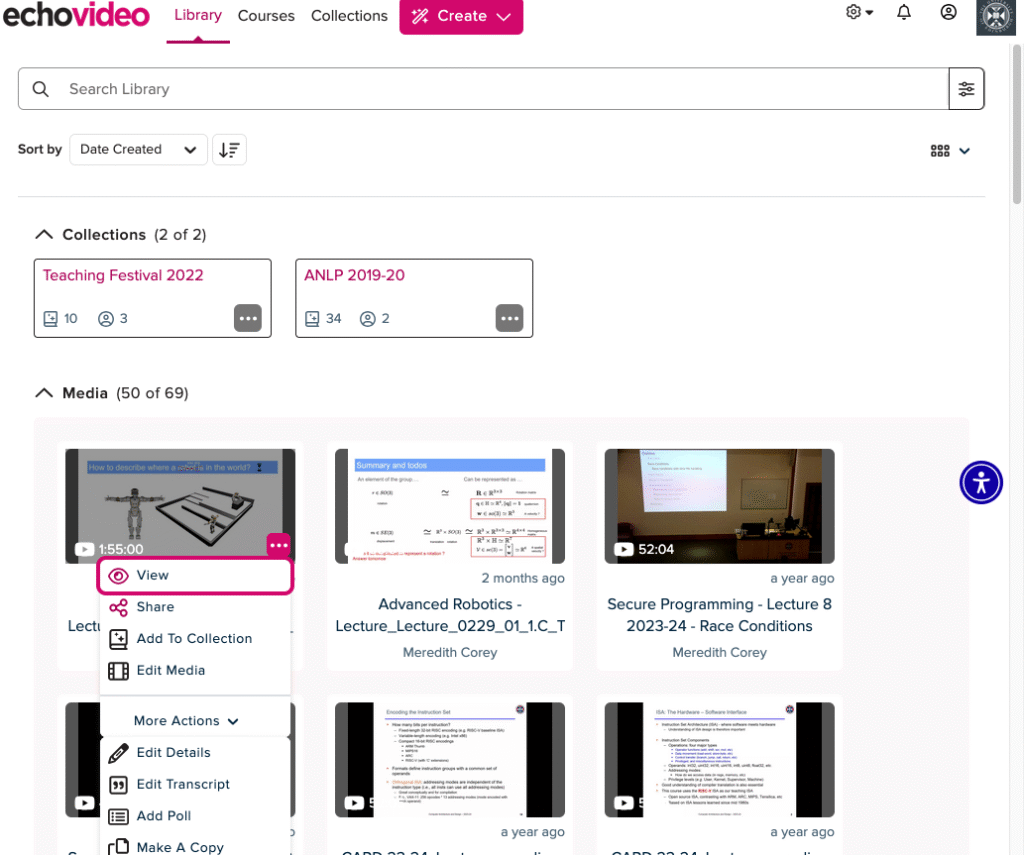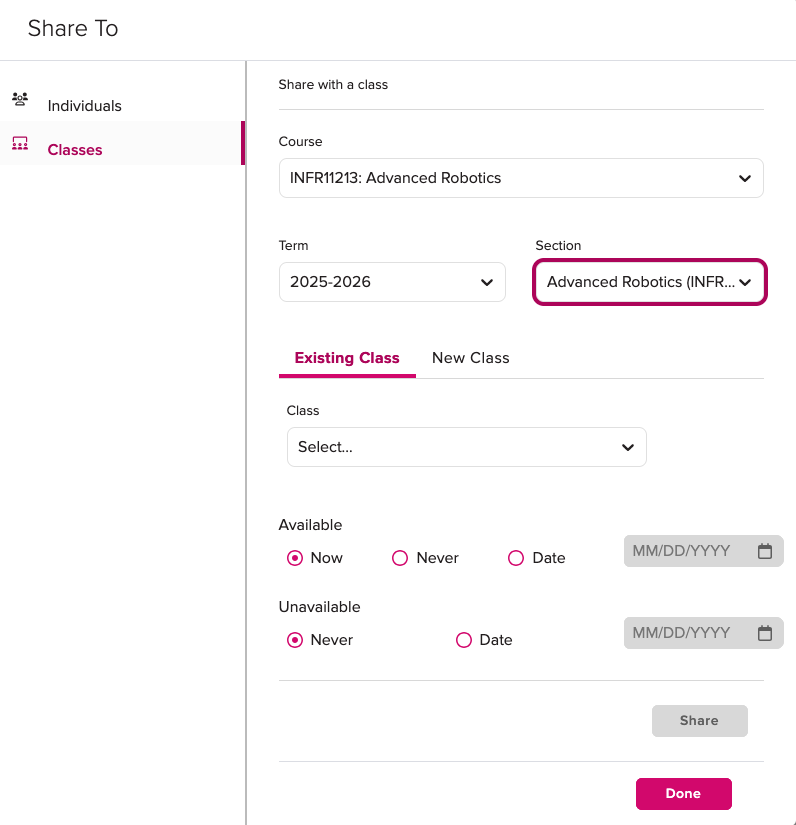Drupal – Course Structures
Introduction
When creating a course in OpenCourseWare (powered by Drupal) for the first time, the ILTS team can provide a starting course template in Drupal either based 1) on the course structure and content from Learn; OR 2) as a blank template with an agreed structure.
In this post, we would like to focus on the options available for a blank template structure within Drupal. We will use courses, already available within OpenCourseWare, as examples of the types of course structure you can choose from. The following is not an exhaustive list of all courses within OpenCourseWare, but a small sampling of courses within our chosen structures. The home page of Open Course has a list of all courses for you to browse, if preferred.
Course Structures
A) Structured by activity (e.g. lectures, tutorials, readings, etc.):

B) Structured by week (e.g. week 1, week 2, week 3, etc):

C) Structured by schedule (e.g. a schedule table with links to slides, video, handouts, etc):
D) Courses with a mixed structure (e.g. by schedule, activities and weeks):
• ANLP; CGGS; IQPS (aka QPS-11); and USEC


Further Information
When creating the course in Drupal, ILTS will provide support and guidance for you to choose a suitable structure for your course. This agreed structure will then make it easier for you to build your content and populate your course in time for Welcome Week.
If you’d like to discuss the options and contact ILTS then please visit the support page. We look forward to working with you.



